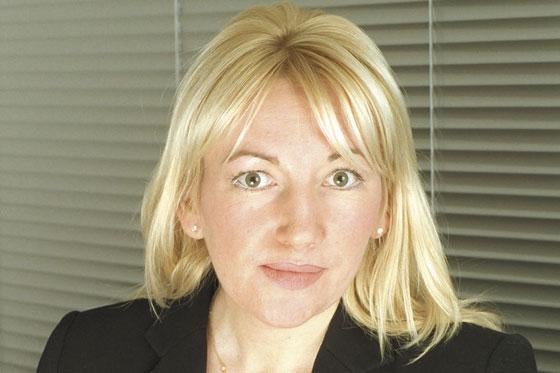
Trinity Mirror chief executive Sly Bailey has come under attack from the former editor of one of her titles, who questioned her track record at the company and described the group’s websites as “woeful beyond belief”.
University of Sunderland head of journalism Chris Rushton, a former editor of the Sunday Sun in Newcastle, told the Society of Editors conference in Bristol that the BBC’s proposed £68m investment in online video should be welcomed at a time when Trinity Mirror was cutting back.
“I was thinking about how much £68m is in relation to the market capitalisation of Mirror Group Newspapers [sic],” he said.
“It’s about two thirds of the value and a drop in the ocean compared to when Sly Bailey took over as chief executive.”
He told Bailey: “How you stay in your job when you’ve lost 95 per cent of your market capitalisation I don’t know.”
Rushton argued that Trinity Mirror’s online journalists were “processing information” instead of providing “interpretation [and] investigation”.
“If you look at the quality of [regional newspaper] sites, particularly Trinity Mirror’s, they are woeful beyond belief,” he said.
“You can’t argue it’s your patch if you don’t use it. You’ve not invested – you’ve just announced 20 per cent redundancies in Newcastle. How are you going to do that and cover a patch?”
Bailey dismissed Rushton’s comments – and pointed to the Teesside Gazette website, GazetteLive.co.uk, which has won a string of awards.
“You’re quite wrong,” she said. “[We hired] 100 new journalists this year online.”
Bailey renewed her calls for an urgent reform of the “cumbersome, outdated” ownership rules governing newspapers, and warned titles could be “destroyed” if nothing was done soon.
“Competition law as it applies to newspapers does have to be reviewed because it just ignores the modern, broader media landscape,” she told delegates.
“My fear is that by the time this is properly recognised it may be too late. The very things we wish to protect – plurality and diversity – are destroyed by cumbersome, outdated regulation.
“This is about real newspapers, real jobs and real people.”
Bailey said the coming years would be “painful”, but added: “We can keep looking in the rear view mirror and we can slowly die. Or we can look forward, realising that the world is now a very different place.
“If businesses can’t convert [online] users to revenue and then to sustainable profits then they will simply run out of cash. And then there is no business and there is no journalism.
“This is no time for vanity publishing. Who cares about 2020 if you can’t make it to 2010?”
Email pged@pressgazette.co.uk to point out mistakes, provide story tips or send in a letter for publication on our "Letters Page" blog
